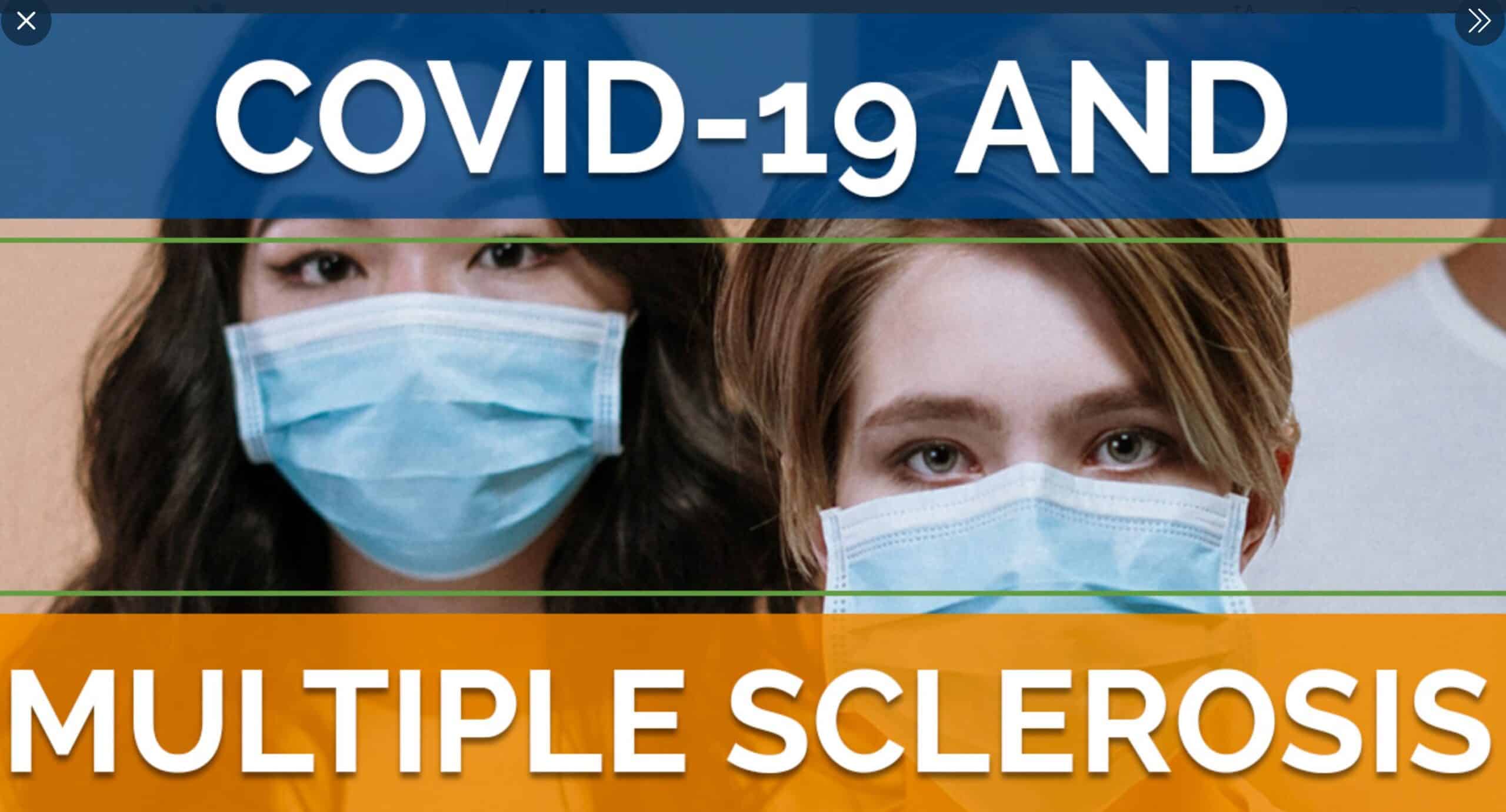
If intermittent EBV reactivation drives long COVID and MS, it should respond to EBV antiviral strategies. I am aware that many pwMS have started taking antivirals off-label to manage their MS ….
By: Gavin Giovannoni – Nov 22, 2024
Long COVID is defined as a clinical syndrome of persistent symptoms after acute COVID-19 that last longer than 12 weeks. The symptoms associated with long COVID are numerous and include (see NHS website for more information on long COVID):
- extreme tiredness (fatigue)
- feeling short of breath
- problems with your memory and concentration (“brain fog”)
- heart palpitations
- dizziness
- joint pain and muscle aches
- loss of smell
- chest pain or tightness
- difficulty sleeping (insomnia)
- pins and needles
- depression and anxiety
- tinnitus, earaches
- feeling sick, diarrhoea, stomach aches, loss of appetite
- cough, headaches, sore throat, changes to sense of smell or taste
- rashes
Many of these symptoms overlap with multiple sclerosis, chronic fatigue syndrome, and post-viral fatigue syndromes, which are common to numerous viruses, including Epstein-Barr virus (EBV). While the exact mechanisms driving long COVID are still unclear, several sources suggest that EBV reactivation could contribute. This is when I became very interested. Could long COVID be the gateway to developing effective antiviral treatments for EBV and MS?
Like long COVID, EBV-associated infectious mononucleosis (IM) is also a post-acute infection syndrome. It features similar symptoms, including fatigue and muscle pain (myalgia), low mood, cog-fog, insomnia and other mental health problems (depression and anxiety). EBV typically enters a latent phase after the initial infection, be it symptomatic (IM) or asymptomatic, but can reactivate under certain conditions, including acute infections, severe illnesses, or immunosuppression. Several studies have shown evidence of EBV reactivation in COVID-19 patients, which includes:
- The presence of detectable EBV viraemia during the acute phase of COVID-19 is predictive of persistent symptoms.
- An association between increased seroreactivity to EBV early antigen (EA) and viral capsid antigen (VCA) and the development of long COVID.
It is important to stress that the link between EBV and long COVID is currently an association and not necessarily causal. To prove causation, more research will be done, including trials targeting EBV with antivirals as a potential treatment for long COVID. It is important to note that EBV reactivation can occur in various immune dysregulation contexts, not just long COVID, which some would argue that these findings are non-specific. Intermittent reactivation occurs in MS, and it is this intermittent cycling between latent and lytic infection that may be driving MS disease activity.

As a young general medical registrar or trainee, I was always struck by how tired and ill people were with chronic or persistent infections, be it tuberculosis, hepatitis or HIV in the pre-antiretroviral era. I later learnt about sickness behaviour, a complex behavioural syndrome in response to inflammation, be it from infection or another inflammatory stimulus such as that which occurs with autoimmune diseases. What long COVID is, and probably MS, is a form of sickness behaviour, which is why the symptoms of these two diseases overlap so much. If intermittent EBV reactivation drives long COVID and MS, it should respond to EBV antiviral strategies. I am aware that many pwMS have started taking antivirals off-label to manage their MS. It is remarkable how many pwMS have contacted me to tell me how well they are doing on antivirals. This is reassuring and supports our efforts to develop antiviral therapies for MS. Are you taking antivirals? Which ones? Have any of you noted any response?
Please note that I can not sanction the use of off-label antiviral medications to treat MS. Antivirals need to be tested in well-designed, randomised controlled trials. Without class 1 evidence, we will not be able to get antivirals licensed to treat MS, nor will payers pay for these treatments. Prescribing medications off-label comes with many risks to pwMS, the prescriber and the healthcare system the prescriber works in.
Continue reading by clicking here
Stay informed with MS news and information - Sign-up here
For MS patients, caregivers or clinicians, Care to chat about MS? Join Our online COMMUNITY



